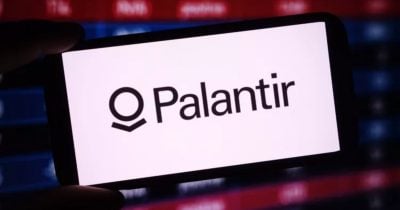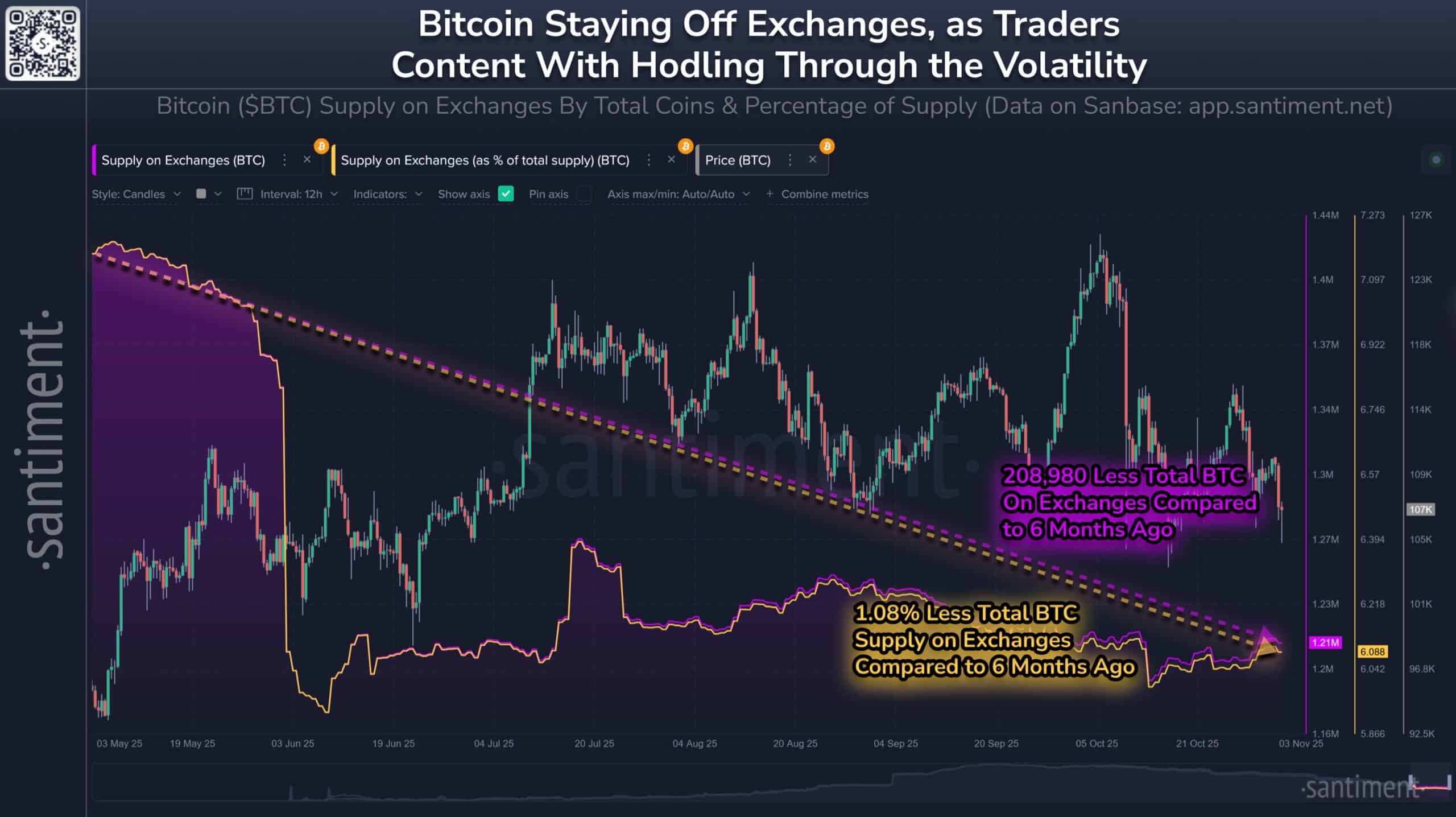Why the EU’s Bold Bet on Ethereum and Solana Could Revolutionize the Digital Euro—and Your Wallet
Ever wondered if the future of the euro might dance on the blockchains powering Ethereum or Solana? It’s not just a sci-fi fantasy anymore—EU officials are seriously toying with the idea of launching the digital euro on these public networks, shifting gears from the once-expected private systems. This move could supercharge the euro’s adoption, letting it flow freely across borders like a digital river, but it also stirs up a tricky debate about transparency versus privacy since every transaction on these blockchains is out in the open. With the U.S. tightening the reins on stablecoins and Europe feeling the heat to safeguard its financial sovereignty, this blockchain pivot could redefine digital currency as we know it. Ready to peek under the hood of this evolving story? LEARN MORE.
Officials remain cautious about privacy concerns since transactions on these networks are public.

Key Takeaways
- EU officials are considering launching the digital euro on public blockchains like Ethereum and Solana.
- Concerns about US stablecoin dominance are driving renewed urgency for the digital euro rollout.
Share this article
EU officials are weighing whether to issue a digital euro on a public blockchain such as Ethereum or Solana instead of a private system, the Financial Times reported Friday, citing people familiar with the consideration.
Until recently, the European Central Bank had been expected to pursue a private, closed system for its central bank digital currency, partly due to privacy concerns.
Advocates say a public chain could boost the adoption and circulation of the euro. Running the digital euro on an open blockchain would allow it to be traded anywhere, potentially strengthening its role in cross-border payments.
Still, officials remain cautious about transparency risks, since public blockchains record transactions openly.
The ECB confirmed it is studying both centralized and decentralized technologies, including blockchain-based approaches, as it accelerates its digital euro development plans. However, the bank has not yet settled on a final design.
After the US approved sweeping rules for its $288 billion stablecoin market, the GENIUS Act, European policymakers are reexamining plans for a digital euro amid fears of losing ground in digital payments.
ECB executive board member Piero Cipollone has warned that the growth of dollar-pegged tokens could undermine Europe’s financial stability and autonomy by shifting euro deposits overseas and further entrenching the dollar in international transactions.
A digital euro, unlike private euro stablecoins, would represent the ECB’s direct commitment to digital assets and serve as a reliable public option.
Like the EU, Beijing is increasingly wary of the dominance of dollar-backed stablecoins in global markets.
China is considering approving yuan-backed stablecoins, an initiative aimed at enhancing the international use of its currency and competing with the dominant US dollar-powered tokens. Officials see it as a response to the overwhelming dominance of dollar-backed stablecoins, which account for more than 99% of global supply.
Share this article





















Post Comment